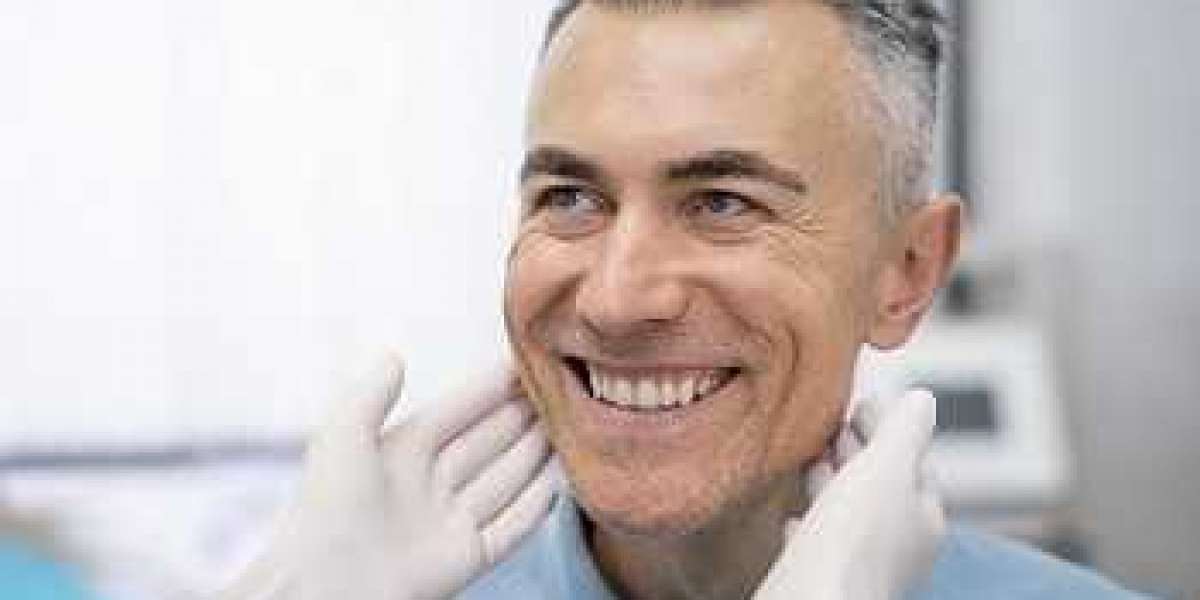What Are Wisdom Teeth?
Wisdom teeth are the third set of molars located at the very back of your mouth. Most people develop four wisdom teeth two on the top and two on the bottom typically appearing between the ages of 17 and 25. They’re called “wisdom” teeth because they usually emerge when a person is older and (presumably) wiser.
While some people have no issues with their wisdom teeth, others may experience pain, crowding, or infections, especially if the teeth are impacted or only partially erupt.
Why You May Need a Wisdom Teeth Check Up
A wisdom teeth check up is essential, especially in your late teens or early twenties. Dentists use X-rays and exams to assess:
Whether your wisdom teeth are coming in straight
If they’re impacted (trapped under gum or bone)
Whether they are crowding other teeth
Signs of infection, cysts, or gum irritation
Early evaluation helps prevent complications and may lead to a planned removal before problems begin.
Dry Socket Wisdom Teeth – What Is It?
One of the most common complications after wisdom tooth removal is dry socket (also known as alveolar osteitis). This occurs when the blood clot that normally forms in the socket after extraction is dislodged or fails to form properly.
Dry socket symptoms include:
Severe pain at the extraction site 2–5 days after surgery
Bad breath or a foul taste
Visible bone where the tooth was removed
Pain that radiates to the ear or jaw
Dry socket is more common with wisdom teeth and requires prompt treatment from a dentist. Your dentist will clean the area and may apply a medicated dressing to relieve pain and support healing.
Tips to Prevent Dry Socket After Wisdom Teeth Removal
Avoid smoking or using straws for at least 3–5 days
Follow your dentist’s aftercare instructions carefully
Avoid vigorous rinsing or spitting for 24 hours
Stick to soft foods and keep the area clean
Final Thoughts
Understanding what wisdom teeth are, getting regular wisdom teeth check ups, and knowing how to spot issues like dry socket are key to maintaining good oral health during your late teens and early adulthood.
If you’re feeling discomfort in the back of your mouth or haven’t had your wisdom teeth assessed, book a check-up today. Early diagnosis can save you from pain and costly treatment later on.














